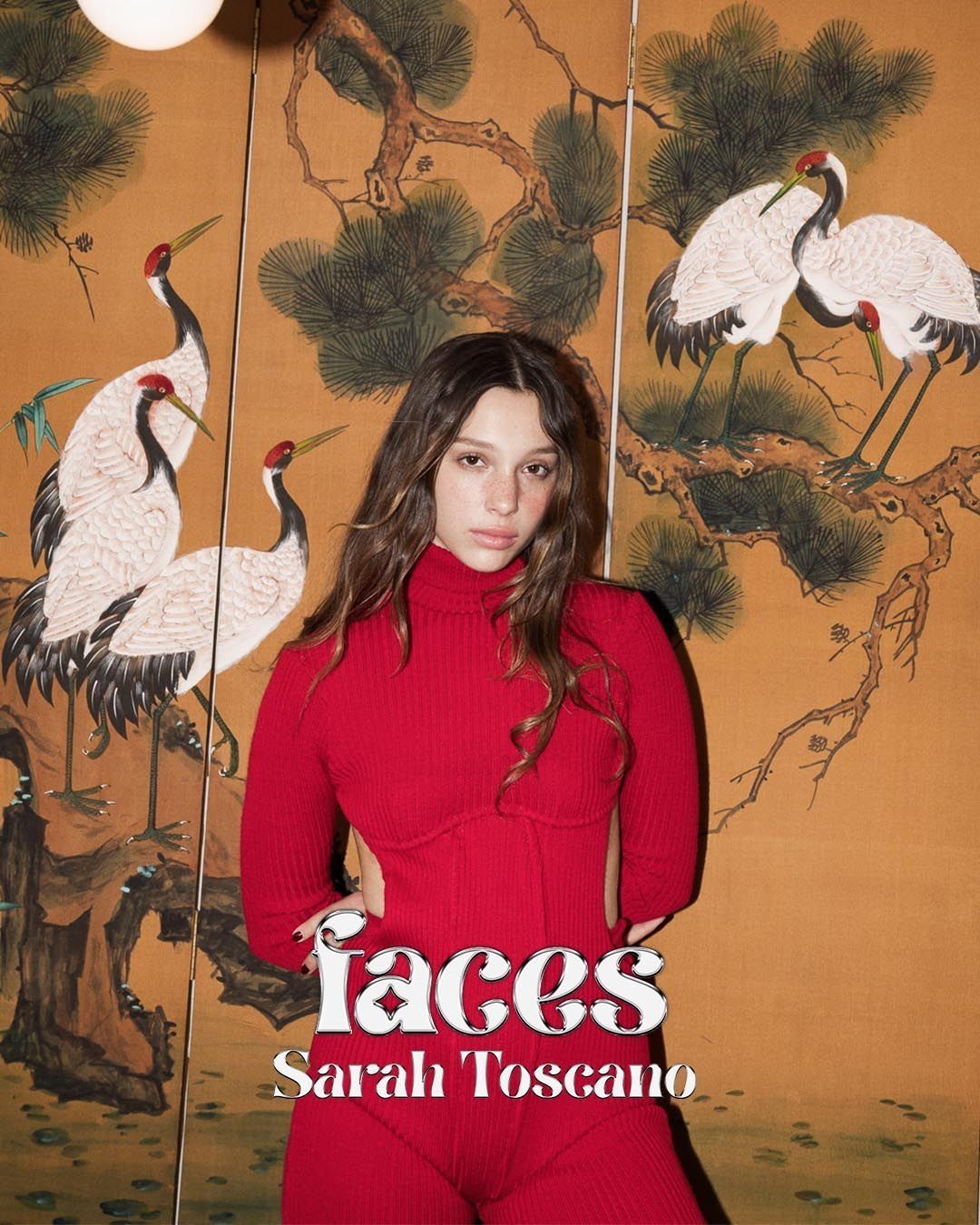
The new spring of female stand up comedy They are brazen, shameless, in a nutshell free
In 1989, Seinfeld brought to the screen a kind of live show that had its centre of development and growth in New York City. We are talking about stand-up comedy, which went from being an activity of gangly, sarcastic men in dark clubs and basements in the Big Apple, often bringing in little or nothing, both in terms of money and name recognition, to major cinemas, Netflix and the homes of everyone with an internet connection within 30 years (and with considerable acceleration in the last 10 years). Stand-up comedy is now experienced and discussed like any other form of entertainment, and some comedians have become true pillars of our contemporary idea of entertainment, for better or worse. Just think, besides the aforementioned Jerry Seinfeld, of Louis C.K., Eddie Murphy, Rick Gervais, Dave Chappelle, Kevin Hart, Bill Burr, Bo Burnham and, more recently, even John Mulaney, Trevor Noah and Pete Davidson. In Italy, a country where the genre has been late in gaining momentum, Luca Ravenna and Edoardo Ferrario are among those to be mentioned.
@cat_cohen i hope the Jasons are thriving!! #comedy #standup #standupcomedy #comedian #fyp #foryoupage original sound - catherine cohen
As a type of comedy based on the observation of reality, the movements and expressiveness of those who make them, stand-up has changed a lot in recent years, expanding from multiple angles and welcoming different protagonists into its increasingly less narrow circle. Partly as a result of the harassment allegations and scandals that have hit its mainstream protagonists (and the male plural is not accidental or overly extended), the comedian park has been enriched with female protagonists and non-binary people, and there is something for everyone. Starting with the now popular and well-received Ali Wong, Katherine Ryan and Hannah Gadsby, whose first Netflix special titled Nanette gave the genre's popularity a big boost by adding a bitter and deep edge to her humour and dealing with her own personal issues, we turn to Taylor Tomlinson, who mixes into her sets light reflections on her relationships with men and religious trauma, and to Catherine Cohen, a pink-clad singing doll with wispy hair who hides behind an exaggerated layer of frivolity serious (and funny) reflections on what it means to be an unmarried and sexually free woman in 2023, on her relationship to her body and to the norms she feels she must challenge and achieve at the same time.
These female and non-binary stand-up comedians may start out in small venues (which no longer exist only in New York, but all over the United States, and with a detour into Europe, especially the UK), but they are smart enough to register and post snippets of their performances on their social media channels, the funniest ones, the most meaningful ones, the ones where they interact with the audience in the most interesting ways. And thanks to TikTok, we discover, for example, the foul-mouthed sass of Maddy Smith, the playful wit of Hannah Berner and Lara Ricote, the insights into the LGBT community of comedians like Sarah Keyworth, Mae Martin, Dee Allum, Catherine Bohart, Ella Yurman, the deadpan comedy of Ali Mac. There is no shortage of racialised women championing intersectionality. Others include Atsuko Okatsuka, Janine Harouni, Rae Sanni and Gina Yashere. In short, stand-up comedy was not dead from the start, but it's experiencing a new spring.






















































